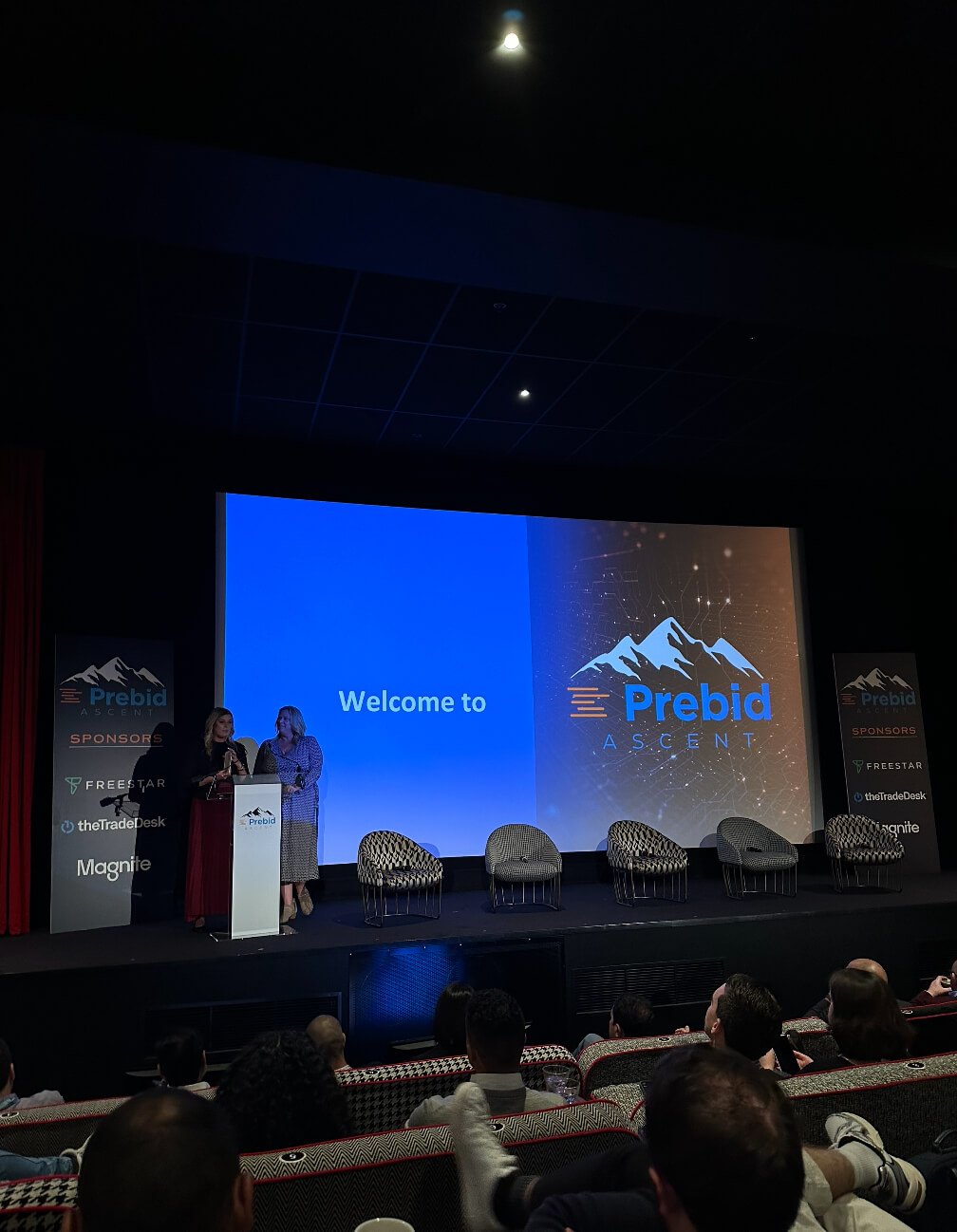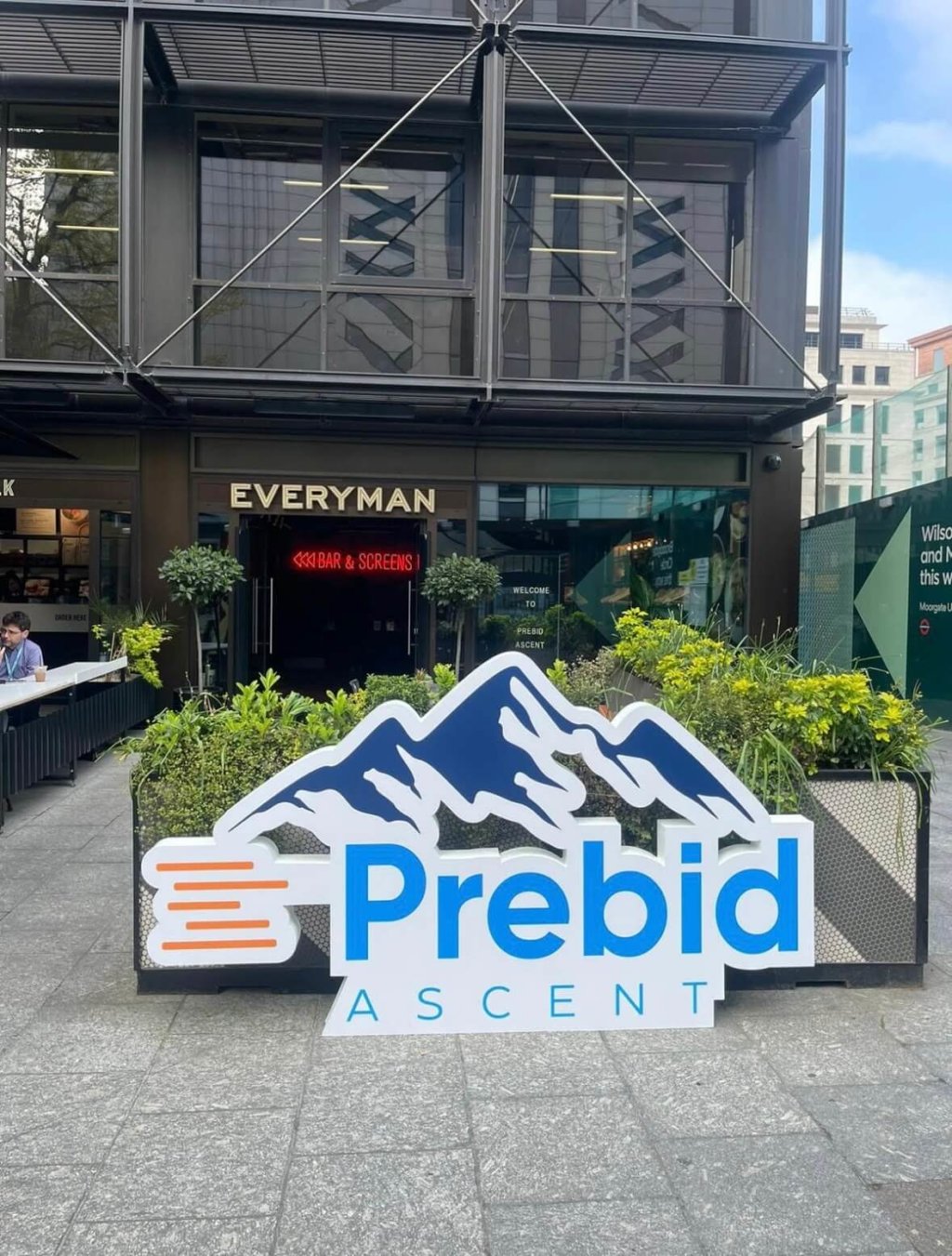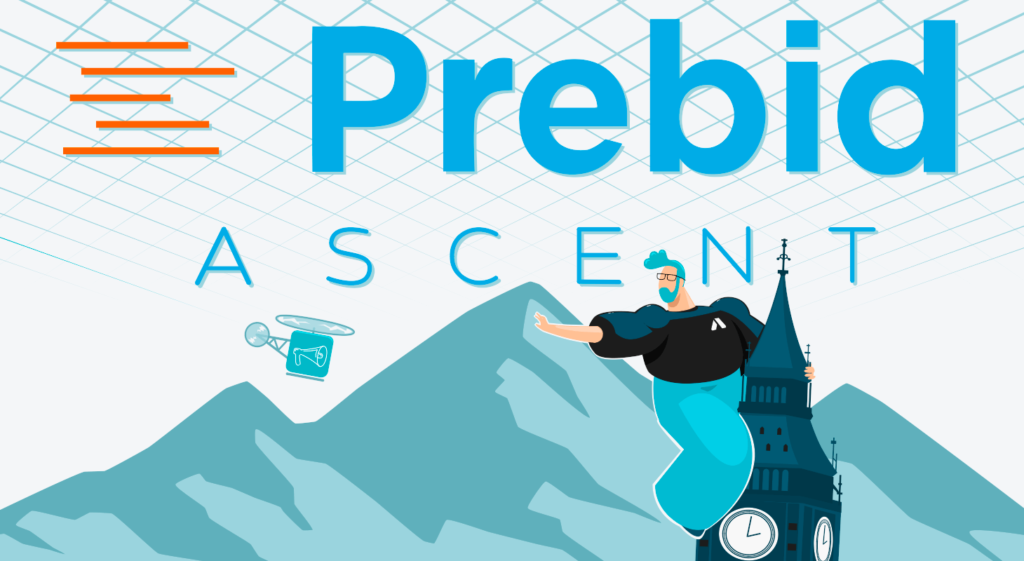What We Learned From the Prebid Ascent Event in London
Prebid, an organization behind the leading open-source header bidding wrapper created to safeguard the Open Internet, hosted an event for partners in London on May 1, 2024.
The event, which was named Prebid Ascent, is already the second of its kind after the more large-scale Prebid Summit that took place last October in NYC for the first time. Unlike Summit events, Ascent events are tailored for audiences in the EMEA and APAC regions.
From captivating keynotes to engaging panel discussions, the event was brimming with valuable insights, networking opportunities, and meaningful connections.
Setupad, a technology partner of Prebid and open-source technology proponent, attended the event to bring back valuable insights and ideas to publishers.

About Prebid.org
Prebid.org is the most successful community and software that enables publishers to sustain their advertising revenues in the constantly evolving programmatic landscape. It addresses early shortcomings in best practices, standardization, and collaboration.
Initially launched as a modest bids management tool for several header bidding partners, it became a must-have piece of technology, allowing publishers to seamlessly integrate analytics, measurement, privacy, and other tools in a modular fashion. As it evolved, Prebid Server was developed to facilitate server-side connections, further extending the technology’s applications to AMP, App, CTV, and DOOH channels.
While Prebid initially relied on its founding partners for code development, the organization has recently enhanced its development capabilities by hiring more engineers. This shift has transformed Prebid into a truly community-driven, visionary, and global solution for publishers.
About Prebid Ascent
Prebid Ascent is a vibrant event that unites industry leaders to discuss the future of a privacy-centric, ad-supported digital world. With more than 150 attendees, the event gets a chance to explore channels like CTV and in-app advertising, which still possess significant implementation challenges, all while discovering how Prebid’s open-source products can enhance revenue, increase transparency, and encourage innovation.

Third-party cookies deprecation
It’s hard to have a conversation about cookies these days without making a mock of Google’s third-time cookie deprecation delay. However, the industry leaders were unfazed by the news, nor was anyone hopeful that the delay would impact their transition away from cookies.
As for Google’s Privacy Sandbox initiative, many seem to agree that it falls short of its promise to be open and transparent. James Rosewell, Director at Movement For An Open Web, particularly emphasized that utilizing APIs from data behemoths like Google makes you a data controller together with them, where there are many data compliance issues.
Still no viable industry-wide measurement solution
“As the industry evolves, the measurement will become a focal point for transparent monetization practices while maintaining user privacy is key,” said David Goddard, VP of Business Development at DoubleVerify.
As we approach the cookieless future, experts seem to agree that the highly fragmented market still doesn’t have a viable and sustainable solution to provide consistent attribution, measurement, and addressability from a brand perspective, which was available with the cookie-based methodology.
However, there seems to be a consensus that publishers should embrace everything they have available, from first-party data to contextual signals, and have trust in measurement vendors.
Sheer amount of identity solution with no clear winner
The conversation about signal loss due to third-party cookie deprecation is not new. However, with a sheer amount of ID solutions and no shared agreement about their long-term effectiveness, there is no way of telling which ones publishers should adopt and invest in, especially given that a lot of them will likely go away with time.
Prebid alone currently supports around 50+ ID submodules.
It’s important that all parties work together to ensure, all if any, IDs are being included in the bidstream to DSPs, as well as making sure that publishers’ first-party audiences are scaled in cookieless environments.
As the industry moves towards a new opt-in identity landscape, publishers are increasingly recognizing the importance of authentication in maintaining the value exchange of relevant advertising for premium content while maximizing revenue and providing users with more control.
Stu Colman, Senior Director of European Identity at The Trade Desk, invited publishers to nurture users’ loyalty and engage them to become logged-in users, which can become incremental for the publishers’ bottom line once the share of authenticated user base grows.
In this landscape, authenticated users will generate publishers considerably more ROI than non-authenticated users. Reuters’ Josef Najm, Director of Programmatic and Partnerships, referenced an example of this strategy, where a softwall, i.e., registration wall, was successfully implemented on the site to capture deterministic data.
Calls for interoperability
The main theme of the conference is collaboration, a call for information sharing and increased interoperability between legacy and emerging marketplace dynamics. In more practical terms, this might mean partnering and actively building direct relationships with DSPs, SSPs and DMPs, as well as attribution and measurement vendors.
Prebid Connect announcement
Prebid President Mike Racic has announced a new addition to the Prebid suite, Prebid Connect. Advertised as very much not another cookie alternative or ID solution but a privacy-centric standard for passing identity, addressability, measurement, and attribution signals for publishers to advertisers.
At first glance, Prebid Connect looks like a solution for different CMP requirements, including, but not limited to GDPR, CCPA, and other emerging regulations. Prebid Connect is open to all Prebid members and designed to be flexible and support innovation in the changing ecosystem, offering close interoperability between SSPs, DSPs, publishers, and technology vendors and providers.
However, it’s still unclear what the final shape of the solution will be, and more information will follow at the next Prebid event in June.


